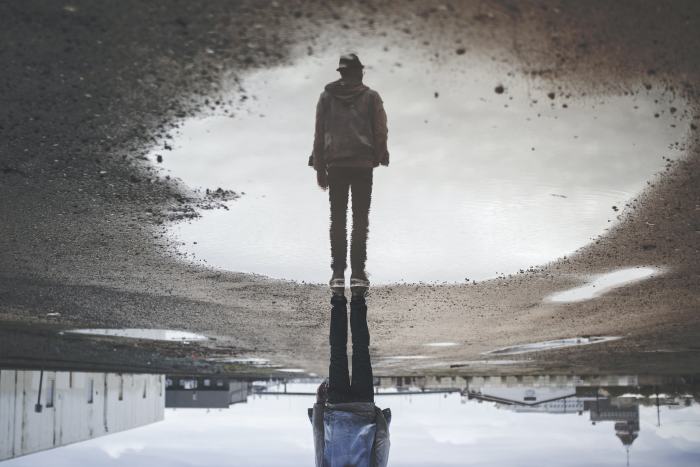
Falsehoods circulating online, such as fake news websites, rumours spread on purpose and political deceit, cause considerable concern for contemporary democracies. How do publics react to these concerns? And what do they believe about their own exposure to falsehoods in news? authors of a new research article ask.
A comparative online survey related to election news was conducted in 2017 in the United States, the United Kingdom, and France, to a total of 2 756 respondents. People were asked whether they believed they were exposed to falsehoods during the period of national elections in their country.
Three things seem to predict publics’ beliefs about being exposed to falsehoods, the researchers found:
- discussion of news
- use of social media for political purposes, and
- exposure to counter-attitudinal information.
“The nexus between these three predictors and beliefs about falsehoods exists in all three countries, as we anticipate that it likely exists elsewhere“, the authors write.
36% of respondents in the US believed they had been exposed to false news, highest of the three countries. The portion was 29% in France, and 19% in the UK. Of those exposed to falsehoods, roughly half to two-thirds of respondents in each country reported they attempted verifying the information. In the US and UK, ‘general websites’, followed by ‘television’ were the most common sources for verification.
In UK and France, voters with different political orientation did not differ on their beliefs. In the United States, however, there was a substantial difference. 48% of Trump voters believed they were exposed to falsehoods compared with 28% of voters who supported Clinton or a minor-party candidate, or who did not vote.
“While the flow of real falsehoods in public spheres is a concern, so is an erosion in the public’s trust in what they see and read, including an erosion that is politically asymmetric. Our study gives us reasons to be concerned about these perceptions and the capacity of individual leaders and campaigns to affect how much people trust political information”, the researchers conclude.
The authors of the study are:
- Karolina Koc-Michalska of Audencia Business School, Nantes
- Bruce Bimber and Daniel Gomez of the University of California, Santa Barbara
- Matthew Jenkins of Saint Martin’s University, Lacey and
- Shelley Boulianne of MacEwan University, Edmonton
The article “Public Beliefs about Falsehoods in News” was published in The International Journal of Press/Politics and is available on the publisher’s website (free abstract, full paper behind paywall).
Picture: man’s reflection on body of water, by Randy Jacob, license Unsplash